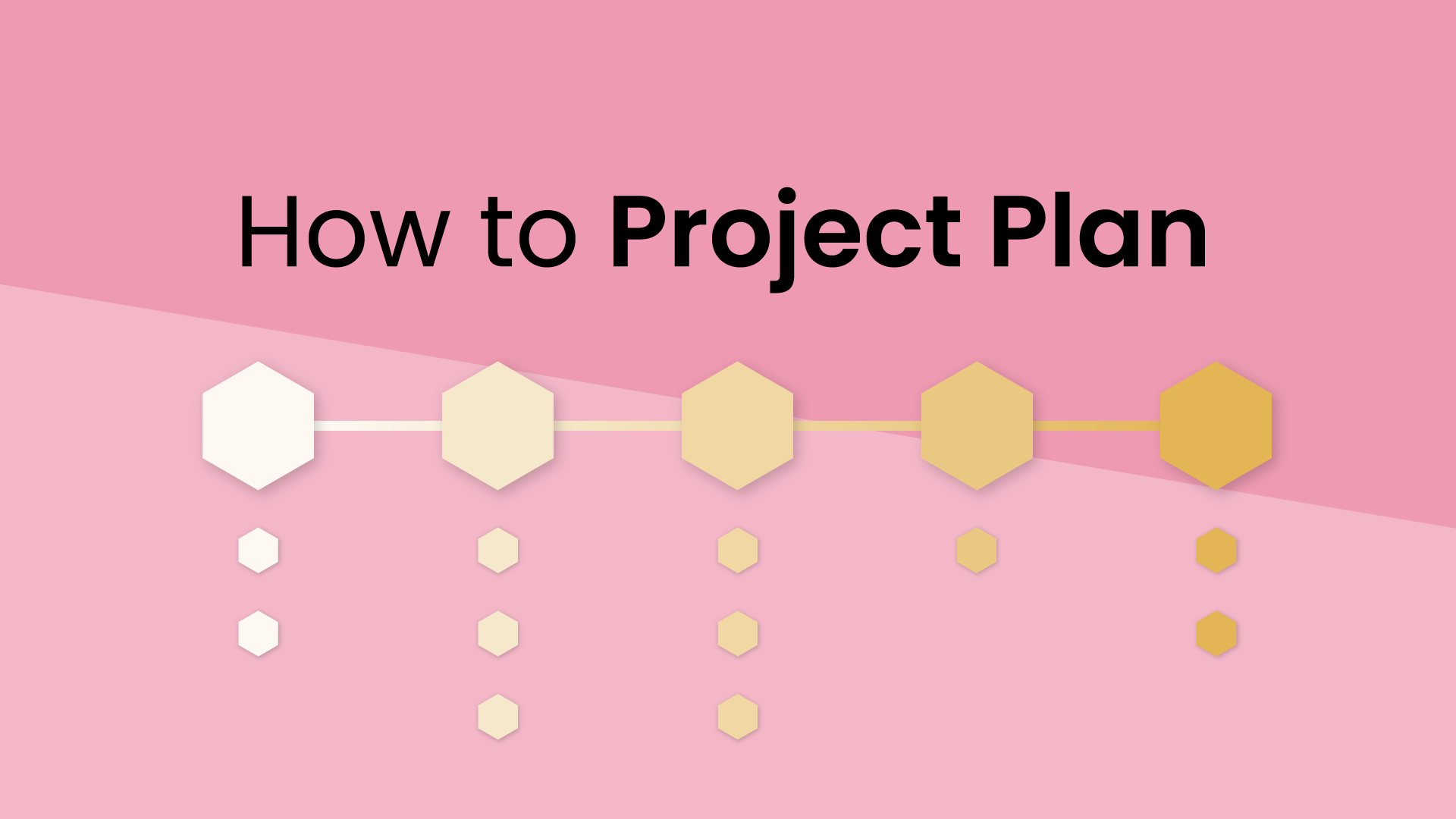

Welcome to 2025! The start of a new year is a perfect opportunity to set goals, plan your personal and professional growth, and challenge yourself to try something new (or give up something old). But while it’s easy to make big New Year’s resolutions, how you set your goals is the key to life-changing results and long-term success.
The reality is, of the 41% of US adults that set New Year's resolutions every year, a whopping 91% don’t follow through on their goals. Unfortunately, most people actually throw in the towel on their New Year's resolutions by January 12th. As a result, the second Friday in January is now often called “Quitter’s Day.”
Setting effective resolutions and actually sticking with them is a challenge – but you can maximize your chance of success with a well-structured plan.
Let’s take a look at the most popular New Year's resolutions in 2025, and how to finally stick to them this year.
120 most popular New Year's resolutions in 2025
New Year's resolutions are personal and/or professional goals that you aim to achieve in the year ahead. Let’s take a look at the most popular resolutions people are working towards in 2025.
120 best New Year's resolutions examples
3 top reasons New Year's resolutions don’t work
Do any of these examples sound familiar? It’s likely a few have popped up in your own New Year planning. They all sound great on paper, but why do only 9% of people manage to stick to their big goals for the year beyond the first month? There are a few major pitfalls to New Year's resolutions that make them more likely to fall apart.
- You’re not setting SMART goals: Setting goals that are too vague, broad, or downright unrealistic can set you up for failure before you even begin.
- You haven’t prepared an action plan: Goals require a continuous commitment. Without a clear plan, your daily efforts won’t be aligned with your goals.
- You don’t have clear motivation: Achieving resolutions is hard enough, but basically impossible when you don’t have a solid ‘why’ to fuel sustainable motivation to pursue your goals long-term. As Simon Sinek would say, start with “why.”
- You’re trying to make too many changes at once: When you set too many goals, it’s easy to get overwhelmed and lose focus. Trying to overhaul several aspects of your life simultaneously spreads your energy too thin and can lead to burnout.
As the American psychologist, author, and educator, Fitzhugh Dodson once said: “Without goals, and plans to reach them, you are like a ship that has set sail with no destination.” So how exactly do you go about turning your New Year's resolutions into achievable goals? Whether you’re trying to adopt new healthy habits, or crushing your productivity at work this year – here are 4 steps to help you see your goals through January and beyond!
4 tips for New Year's resolutions in 2025
1. Visualize your resolution goal
If you’ve made New Year's resolutions in the past, you might recall feeling something along the lines of, ‘new year, new me!’
But what exactly does the ‘new you’ look like? The first step is getting crystal clear on exactly what you want out of 2025 – focusing both on how you want to start the year and end the year.

A great way to do this is by writing up a vision statement for where you’d like to be at the end of 2025. It might sound a little out there, but visualization establishes an end goal and fuels the motivation you’ll need in your day-to-day commitments.
Be specific, and write about your personal and/or professional end-goals in the present tense, as if you have already achieved them. So instead of a vague resolution to ‘be healthier’, write out what a healthier version you does every day. For example, ‘I go for a morning run every day, and start my day with a nutritious smoothie’.
Here are a couple prompts to help you get started with your 2025 visualization:
- What will you have achieved by December 2025? (For example: saved and purchased a new car, received a promotion at work, successfully completed a marathon, etc.)
- What does your daily goal look like from beginning to end? Write out a detailed itinerary from when you wake up to when you go to bed.
2. Set smaller, SMARTer goals
Many people get swept away in grand goals with the excitement of a fresh start in the new year. Unfortunately, this can be exactly what trips up your long-term success — after all, you can’t bite off more than you can chew. Once you have a clear idea of your ideal 2025, it’s time to create SMART goals for the new year that will help you realize it.
If you aren’t familiar, SMART goals are Specific, Measurable, Achievable, Realistic, and Time-Bound. Setting these parameters helps you create more realistic and actionable resolutions that you can actually follow through on. If you have really big goals for 2025, work backward on a goal-ladder to make tinier New Year's resolutions that will serve as stepping-stone achievements.
And instead of writing a laundry list of resolutions, try to focus on a few important objectives that will support you in creating your best year. Now it’s time to turn them into SMART goals.
For example, if your goal is to ‘reduce stress’ in 2025, a SMARTer version could be:
- Specific: I will reduce stress by starting a 30-minute healthy morning routine with meditation.
- Measurable: I will complete my morning routine every workday, and track my new habit weekly.
- Achievable: I previously spent the first 30 minutes of my day scrolling through social media, but am replacing this negative habit with a morning routine and meditation.
- Realistic: 30 minutes is less than 3% of my day. I will reprioritize this time to my important goal of reducing stress.
- Time-bound: At the end of every month, I will review how often I made time for my morning routine. It will take time to start a new habit and this allows me to review any blockers and make adjustments to my plan.
3. Schedule time for your resolutions
Finding spare hours for goals can be especially hard for busy professionals. When your schedule books up and the week gets hectic, new habits can quickly get pushed to the backburner – and even fall off the map entirely.
Defending time for your goals is the only way to actually make them happen. Considering the time commitment required, you’ll want to make sure they are true priorities. You can set yourself up for success by automating this process with an app like Reclaim.ai, which makes blocking time in your calendar for your routines super easy. The Habits feature allows you to create new habits and set details like how long you need and when you want to complete it. Reclaim then automatically finds the best time to schedule it in your busy weeks, around your preferences and other commitments, so you have a daily action plan that supports your success. Scheduling personal priorities on your calendar also prevents that time getting booked over by a last minute work meeting for example, so you can better protect your work-life balance.
Whether your goal is to make time to read, take a daily walk, create more focus time to work on important tasks every day, or start the day with positive affirmations – actually putting it on your calendar ensures you always have the time set aside for your resolutions.
4. Track your progress
While you might have the energy for your 2025 goals in the first week of January – most big goals are achieved over a long period of time, not overnight (unfortunately).
Regularly tracking your habits is how you tell what’s working for you, and what isn’t. You can use time blocking to track where your time goes every day, and create a way more productive action plan reduce success around your resolutions. Try setting aside time at the end of the week, or each month, to complete a time audit against your resolutions. How many times did you actually go to the gym, or make time for productive deep work on important tasks? If you missed a habit, what took priority instead?
You can do this manually, or take advantage of automations that make calendar audits easier. Reclaim.ai has a free time tracking app that gives you a weekly email report with awesome stats on how much time you spent in meetings, working across tasks, and how many habit goals you completed. This is a great way to stay motivated and celebrate your wins, and Reclaim.ai's time tracking tool helps you do this by automatically tracking your progress, allowing you to see where you stand every day, analyze past results, and preview how your time is being allocated in the future.
New year, new you - with smarter resolutions 🎆
Doing a 180° on your routines might not be realistic, but you do have 365 days this year to make some awesome sustainable progress towards your big goals! And by automating the process, you can hack your New Year's resolutions by taking the work out of the planning and instead focusing on the follow-through.
Remember, change takes time. Be patient with yourself through the progress, and don’t get discouraged if you’ve fallen off a little by mid-January. By starting small, and creating an actionable plan around SMART New Year's resolutions – you can set yourself up for a successful year around your priorities. Consistency is key and a little success is always better than giving up. Here’s to a great year in 2025!
Productivity Trends Reports
Ready for an
AI calendar?
Auto-schedule focus time, meetings, & breaks on Google Calendar + Outlook Calendar.
Start scheduling →It's free! 🎉






















